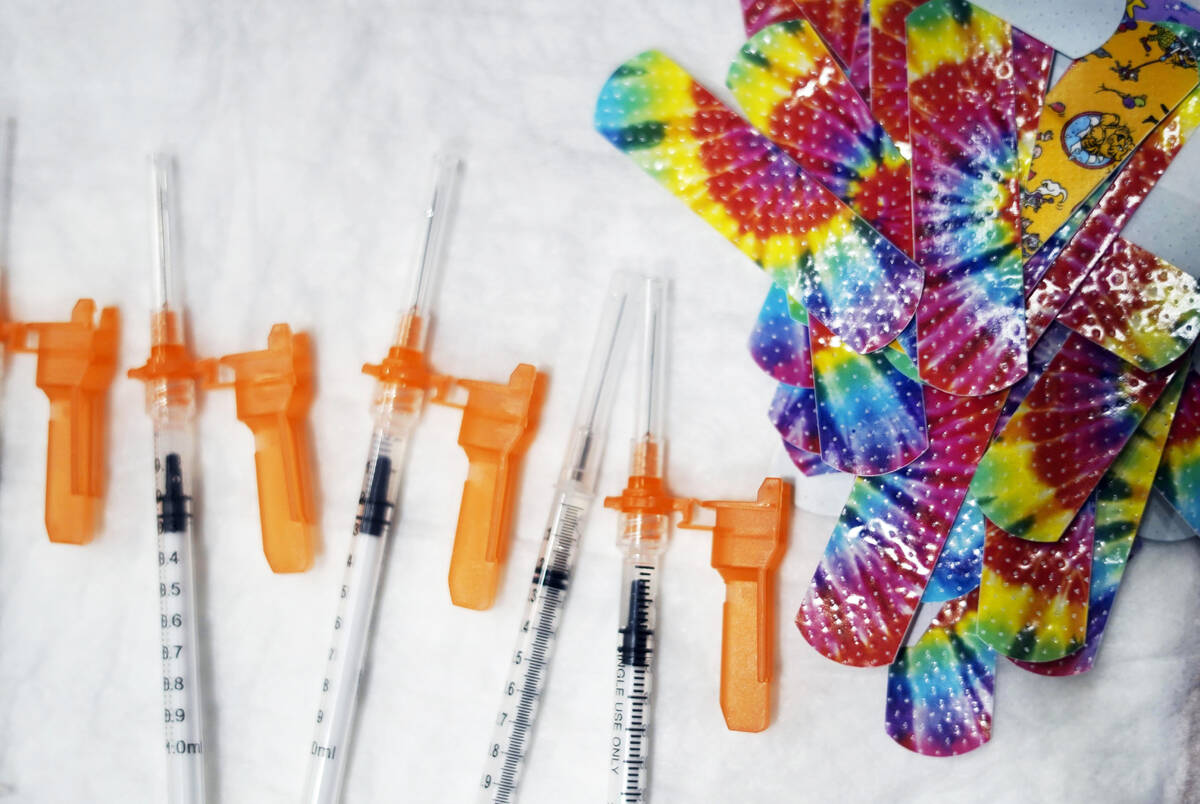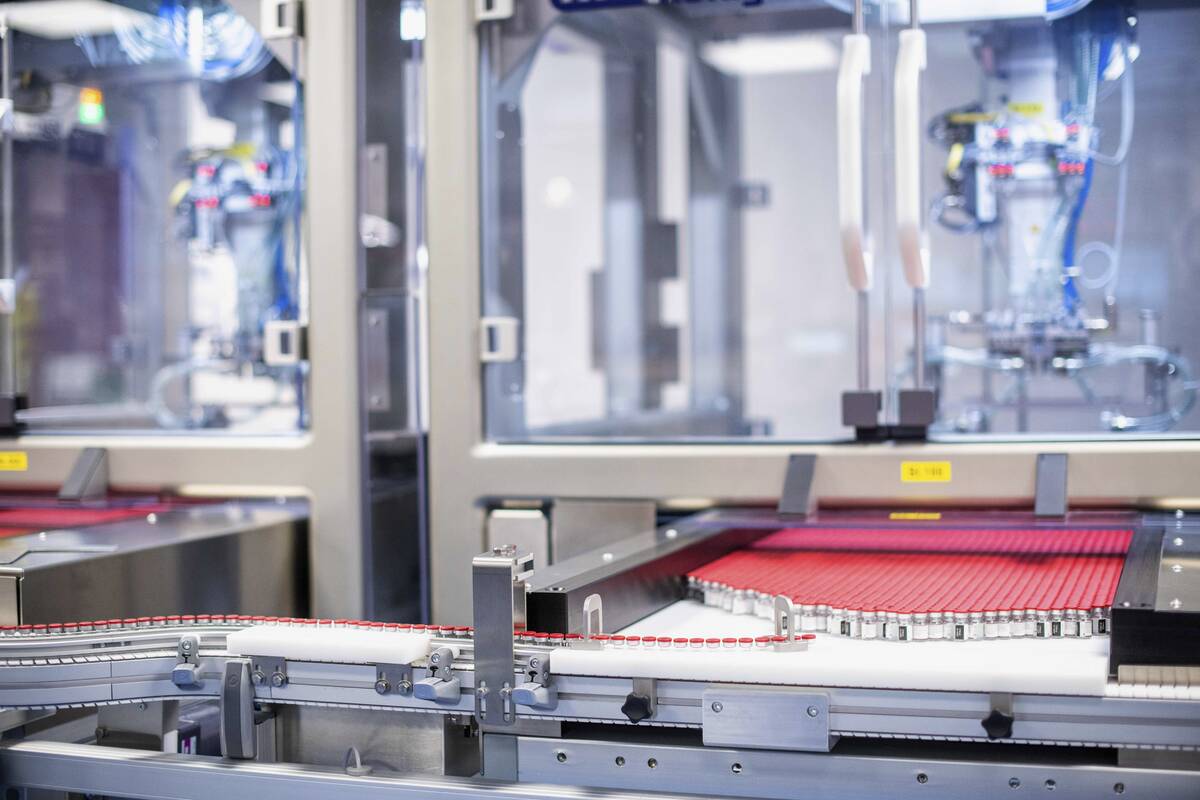1st COVID-19 shots authorized for infants, preschoolers
U.S. regulators on Friday authorized the first COVID-19 shots for infants and preschoolers, paving the way for vaccinations to begin next week.
The Food and Drug Administration’s action follows its advisory panel’s unanimous recommendation for the shots from Moderna and Pfizer. That means U.S. kids under 5 — roughly 18 million youngsters — are eligible for the shots, about 1½ years after the vaccines first became available in the U.S. for adults, who have been hit the hardest during the pandemic.
There’s one step left: The Centers for Disease Control and Prevention recommends how to use vaccines and its vaccine advisers are set to discuss the shots Friday and vote on Saturday. A final signoff would come from CDC Director Dr. Rochelle Walensky.
At a Senate hearing Thursday, Walensky said her staff was working over the Juneteenth federal holiday weekend “because we understand the urgency of this for American parents.”
She said pediatric deaths from COVID-19 have been higher than what is generally seen from the flu each year.
“So I actually think we need to protect young children, as well as protect everyone with the vaccine and especially protect elders,” she said.
The FDA also authorized Moderna’s vaccine for school-aged children and teens. Pfizer’s shots had been the only option for those ages.
For weeks, the Biden administration has been preparing to roll out the vaccines for little kids, with states, tribes, community health centers and pharmacies allowed to preorder millions of doses. FDA’s emergency use authorization allows manufacturers to begin shipping vaccine across the country. Vaccinations could begin early next week.
While young children generally don’t get as sick from COVID-19 as older kids and adults, their hospitalizations surged during the omicron wave and FDA’s advisers determined that benefits from vaccination outweighed the minimal risks. Studies from Moderna and Pfizer showed side effects, including fever and fatigue, were mostly minor.
“As we have seen with older age groups, we expect that the vaccines for younger children will provide protection from the most severe outcomes of COVID-19, such as hospitalization and death,” FDA Commissioner Robert Califf said in a statement.
The two vaccine brands use the same technology but there are differences.
Pfizer’s vaccine for kids younger than 5 is one-tenth of the adult dose. Three shots are needed: the first two given three weeks apart and the last at least two months later.
Moderna’s is two shots, each a quarter of its adult dose, given about four weeks apart for kids under 6.
The vaccines are for children as young as 6 months. Moderna next plans to study its shots for babies as young as 3-months-old. Pfizer has not finalized plans for shots in younger infants. A dozen countries, including China, already vaccinate kids under 5.
Dr. Beth Ebel, professor of pediatrics at University of Washington in Seattle, said the tot-sized vaccines would be especially welcomed by U.S. parents with children in daycare where outbreaks can sideline parents from jobs, adding to financial strain.
“A lot of people are going to be happy and a lot of grandparents are going to be happy, too, because we’ve missed those babies who grew up when you weren’t able to see them,” Ebel said.
AP Medical Writers Laura Ungar and Carla K. Johnson contributed.



















